Halal customer flow grows strongly
According to the Hanoi Department of Tourism , Halal tourists mainly come from Muslim countries such as Indonesia, Malaysia, India and the Middle East (Bangladesh, Turkey, Saudi Arabia, United Arab Emirates (UAE), Egypt, Brunei, Qatar)... This is a market classified as a group of tourists with high tourism spending potential, often with specific needs compared to other markets; in which, not only focusing on entertainment experiences but also ensuring strict compliance with religious and cultural regulations.
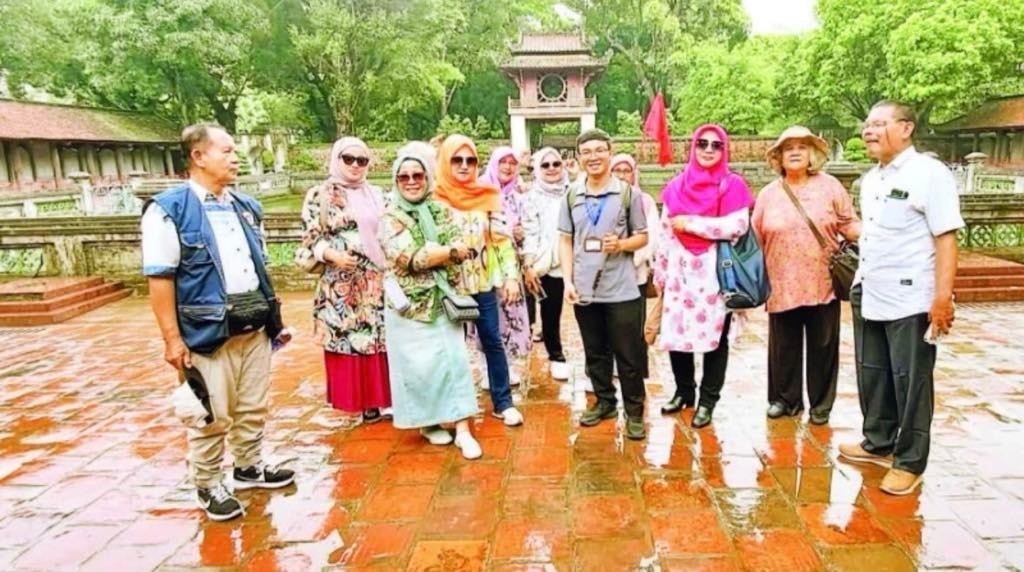
Deputy Director of Hanoi Department of Tourism Tran Trung Hieu commented that the Halal tourist market brings great potential to Hanoi tourism in particular and Vietnam tourism in general. With good growth and increasing demand, research and development of products and services suitable to the culture and needs of Halal tourists is necessary to attract them more effectively in the future.
“Over the years, Hanoi tourism has constantly innovated, promoted cooperation and deep integration. Hanoi tourism has proactively built a friendly tourism environment, meeting the diverse needs of international tourists, including special requirements in service organization such as welcoming tourists from the Muslim community,” Mr. Tran Trung Hieu shared.
In fact, Hanoi has built facilities that meet the standards to meet the needs of the Halal tourist segment. Regarding Halal-standard accommodation facilities, Hanoi currently has Melia Hanoi Hotel and InterContinental Hanoi Landmark72 certified to meet Halal standards. In addition, there are many 4-5 star hotels with separate dining areas for Halal tourists. In addition, the city has a mosque, Al-Noor, built in 1885 at 12 Hang Luoc, Hoan Kiem District, and many restaurants for Muslim guests.
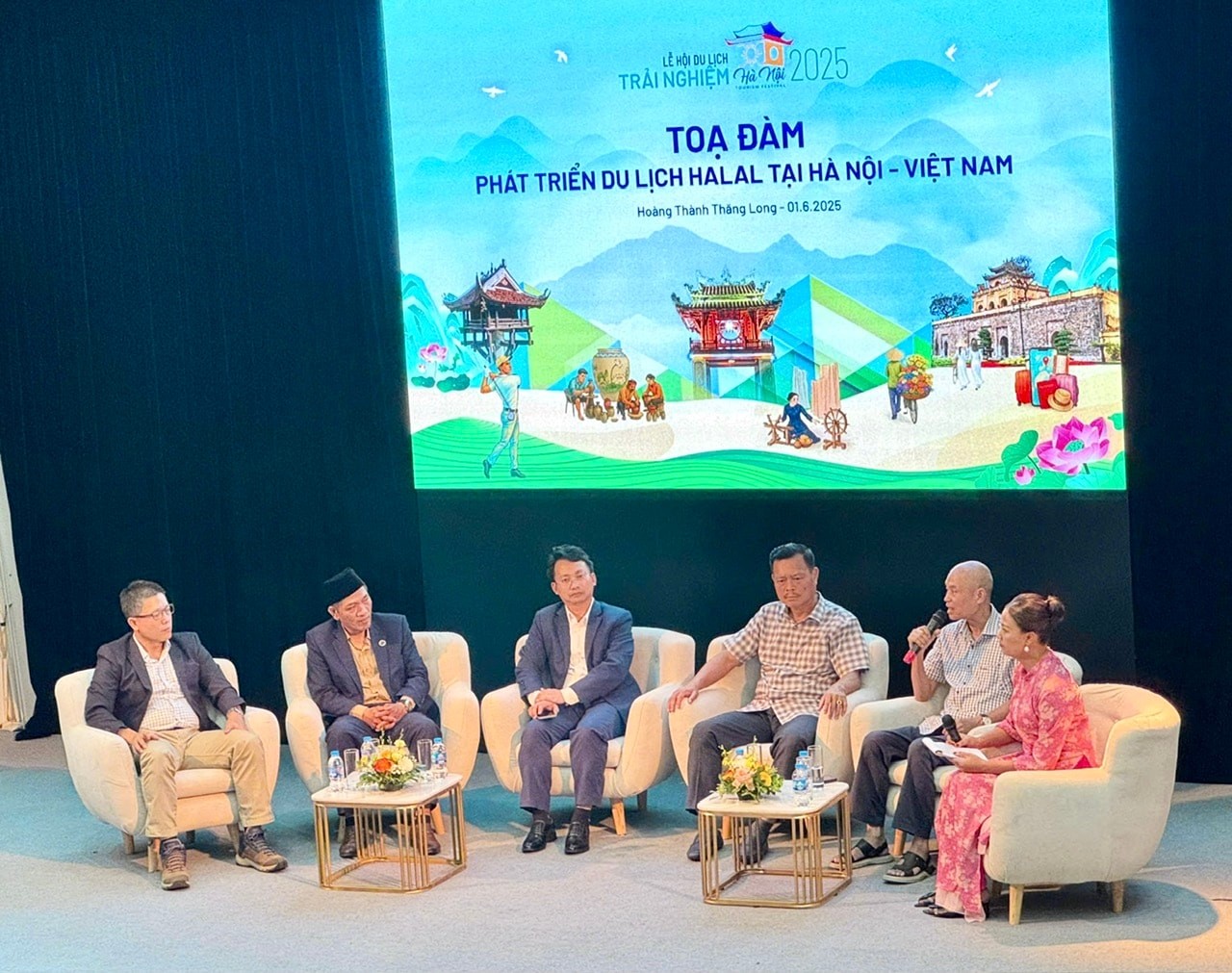
With many infrastructures serving Halal tourists, the number of these visitors to Hanoi is increasing day by day. In 2024, Hanoi recorded about 650,000 Halal visitors, accounting for about 15% of the total number of international visitors to the city. In the first 5 months of 2025, the number of Halal visitors continued to grow, especially from the Indian, Malaysian and Indonesian markets.
Need to build a friendly ecosystem
At the workshop, delegates and tourism experts commented that although the Halal tourist market is a common trend in the world, bringing in high revenue, reaching 200 billion USD in 2024 and possibly reaching over 350 billion USD in 2030, serving this type of tourist still faces many difficulties.
Chairman of the Hanoi Tourism Association Nguyen Manh Than said that due to the specific characteristics of religion, beliefs and culture, Halal tourists have very strict standards, especially the requirements for cuisine that complies with Halal standards, religious living space (must have a prayer room), along with respect for the cultural values, beliefs and customs of Islam. Currently, Vietnam in general and Hanoi in particular still have few establishments that meet Halal standards.

Deputy Director of Hanoi Department of Tourism Tran Trung Hieu also commented that the Halal service system in Hanoi is still scattered and there is no consensus among state management agencies on the standards for granting Halal certificates for products and services. The training of human resources with knowledge of Islamic culture, the development of specialized tourism products and the connection to the global Halal market are not commensurate with the potential.
To increase the attraction of Halal tourists to Hanoi in the coming time, experts say that Hanoi needs to have a strategy to build a friendly ecosystem for Halal tourists, from accommodation, transportation, cuisine to entertainment areas dedicated to Halal tourists. Head of the Department of International Relations and Tourism Promotion, Vietnam National Administration of Tourism Nguyen Quy Phuong said that localities, including Hanoi, should pay attention to building infrastructure that meets Halal standards, including standards for prayer rooms, food dedicated to Muslim tourists, and sustainable green tourism products.
Faced with the great potential and difficulties and challenges of the Halal market, Deputy Director of the Hanoi Department of Tourism Tran Trung Hieu also proposed solutions for Hanoi. That is, it is necessary to develop a system of restaurants and hotels that meet Halal standards, develop specialized tours; develop an agricultural tourism model that meets Halal standards; train human resources to understand Islamic culture and customs. In addition, Mr. Tran Trung Hieu said that Hanoi needs to establish a policy to support businesses in registering for Halal certification; strengthen international cooperation with reputable Halal organizations; and promote communications to position Hanoi as a friendly destination for Muslim tourists.
“In its role as a state manager, the Hanoi Department of Tourism is committed to continuing to advise the City People's Committee on developing policies to promote Halal tourism, considering the development of Halal tourism as an opportunity to expand the market, diversify tourism products and enhance the competitiveness of the capital on the international tourism map. In addition, the unit will coordinate with relevant sectors to encourage investment in Halal infrastructure; develop accommodation and culinary facilities capable of meeting the specific requirements of Muslim tourists, and improve service capacity,” said Mr. Tran Trung Hieu.
Source: https://baolaocai.vn/ha-noi-diem-den-cua-du-lich-halal-post402709.html


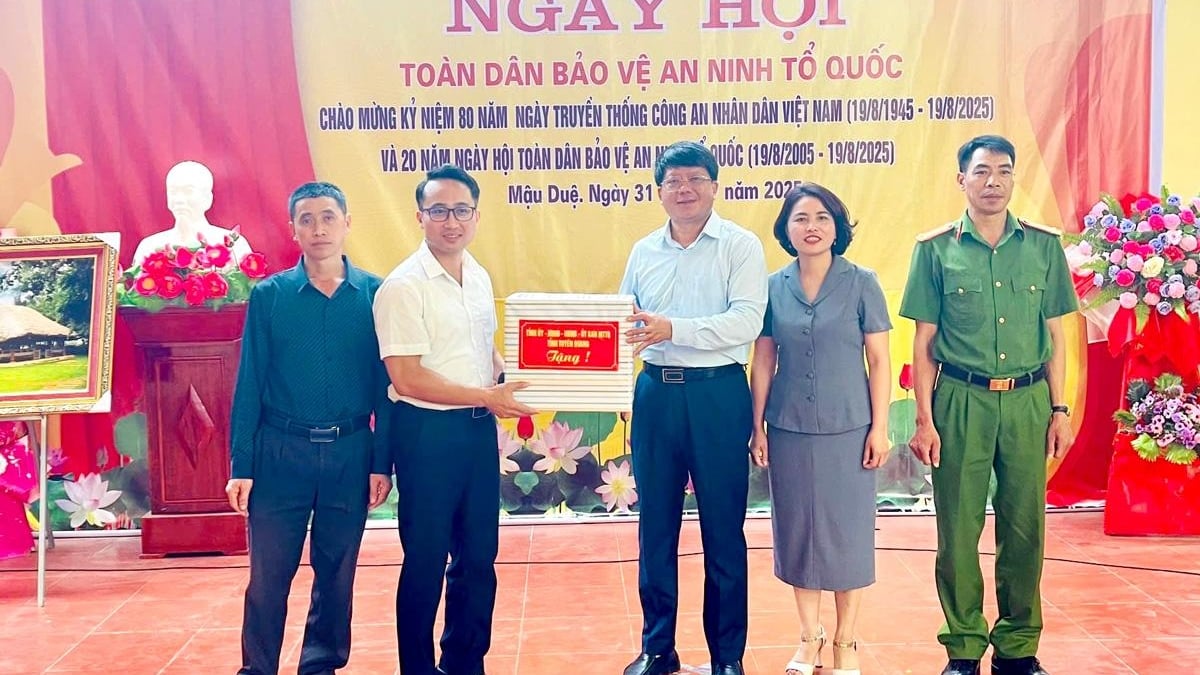
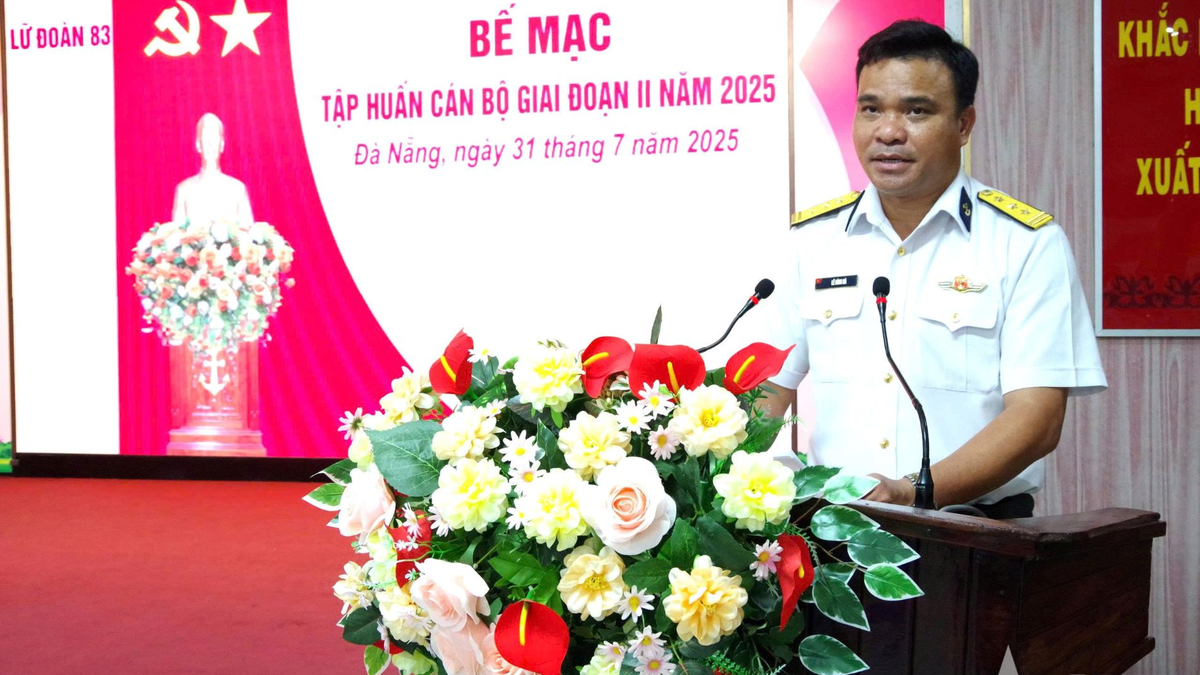
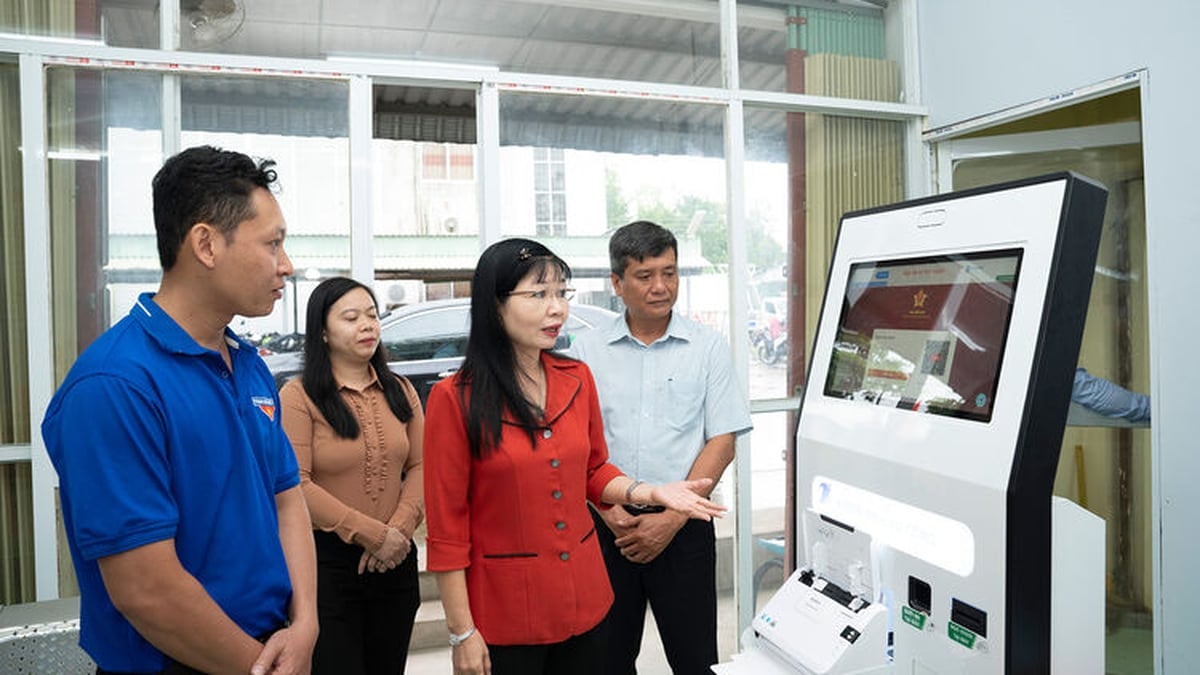




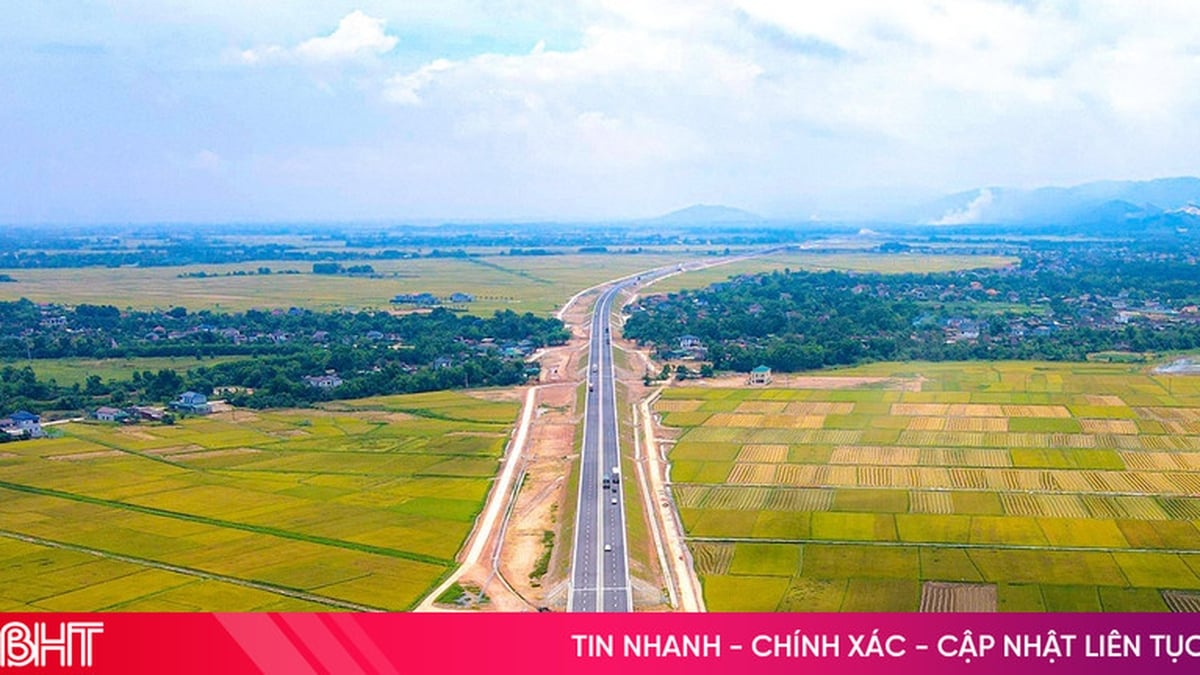
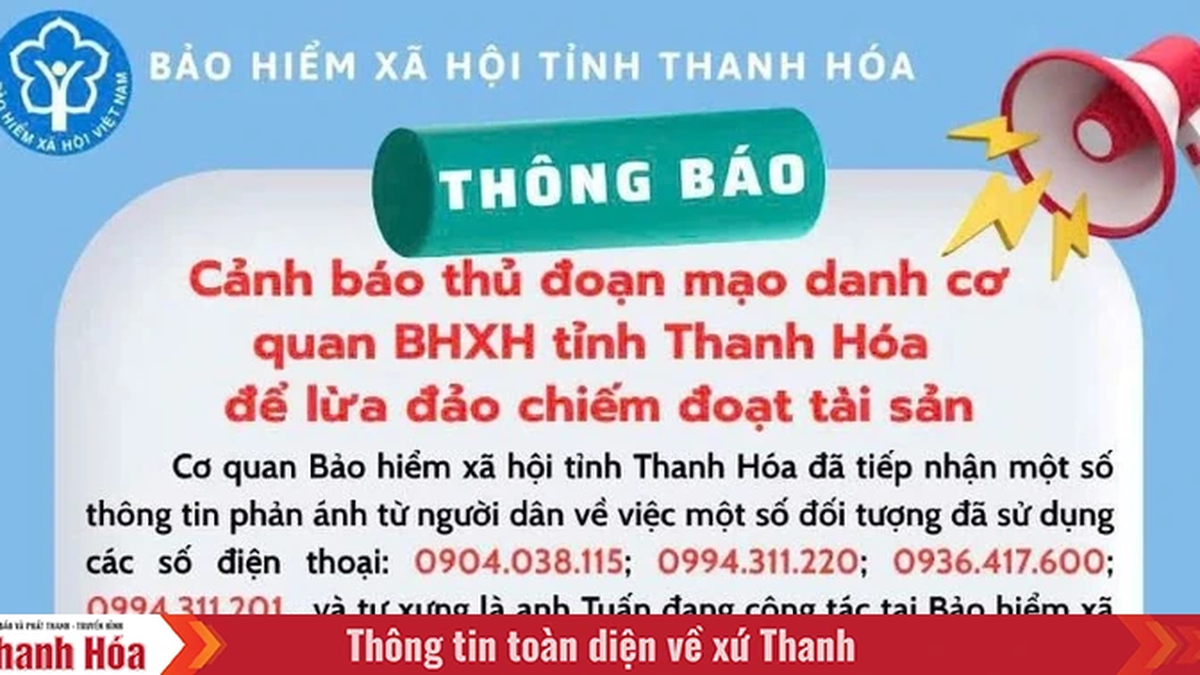
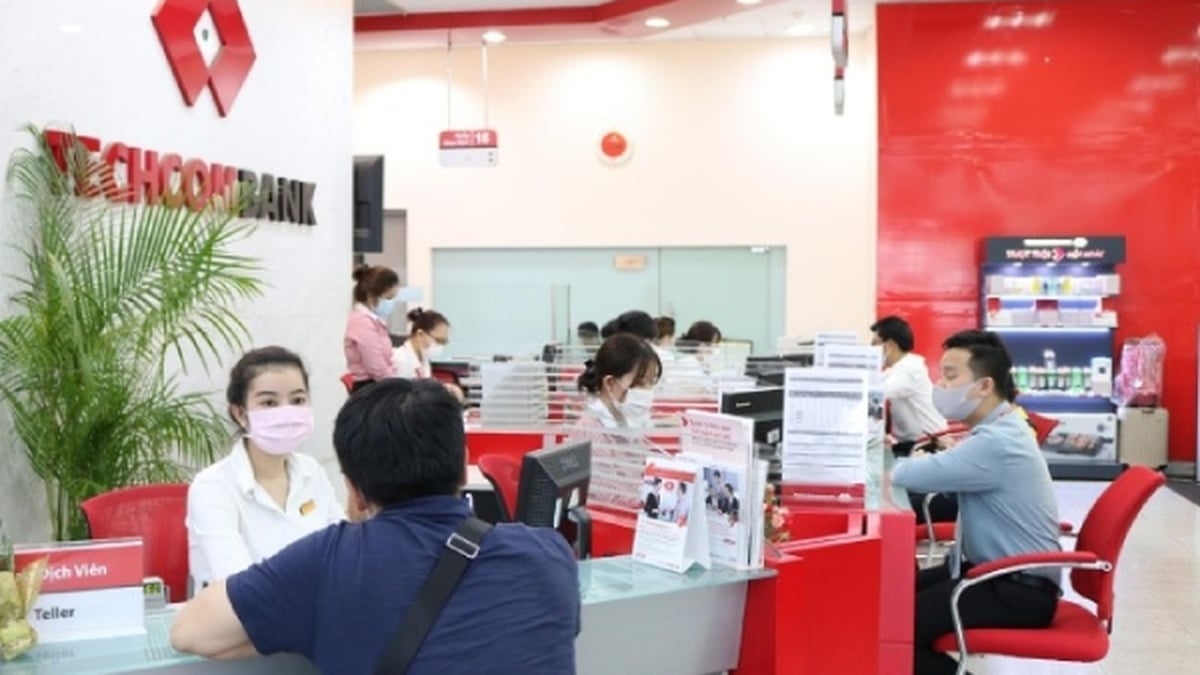





































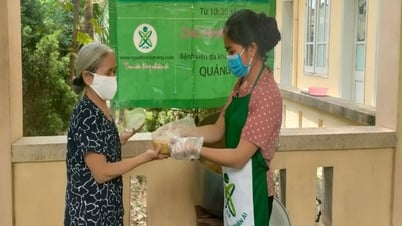
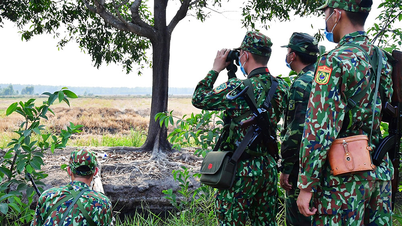



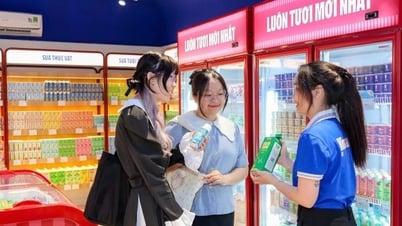
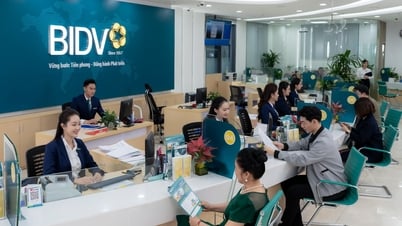

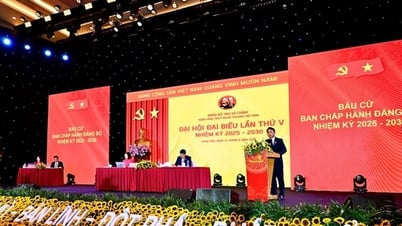
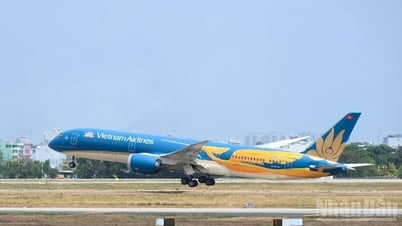
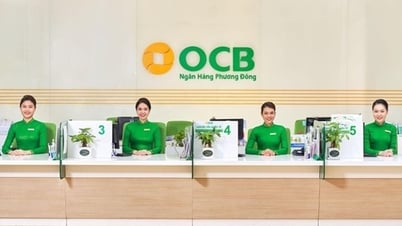

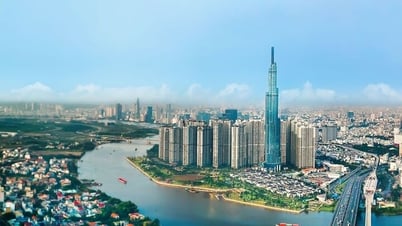




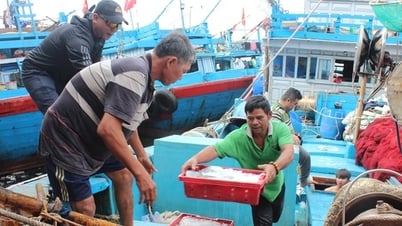

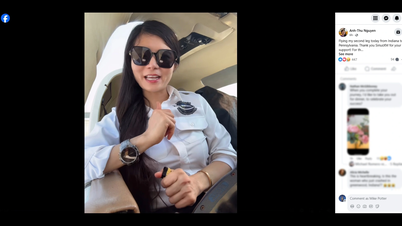
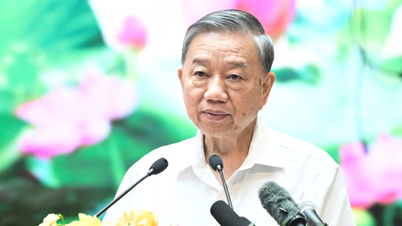
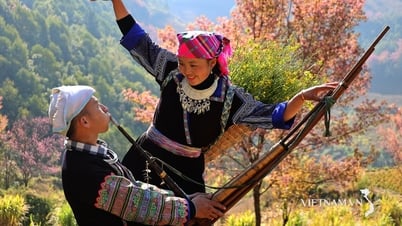







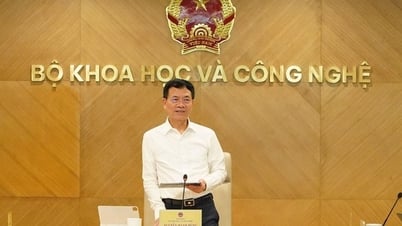

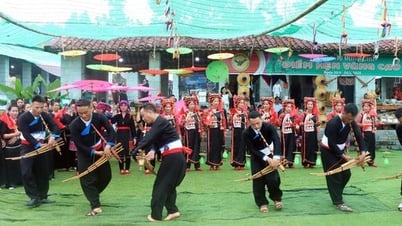








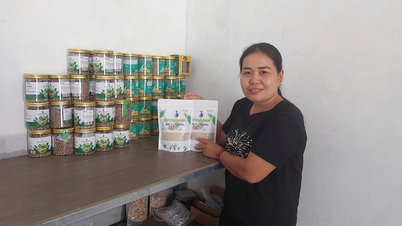










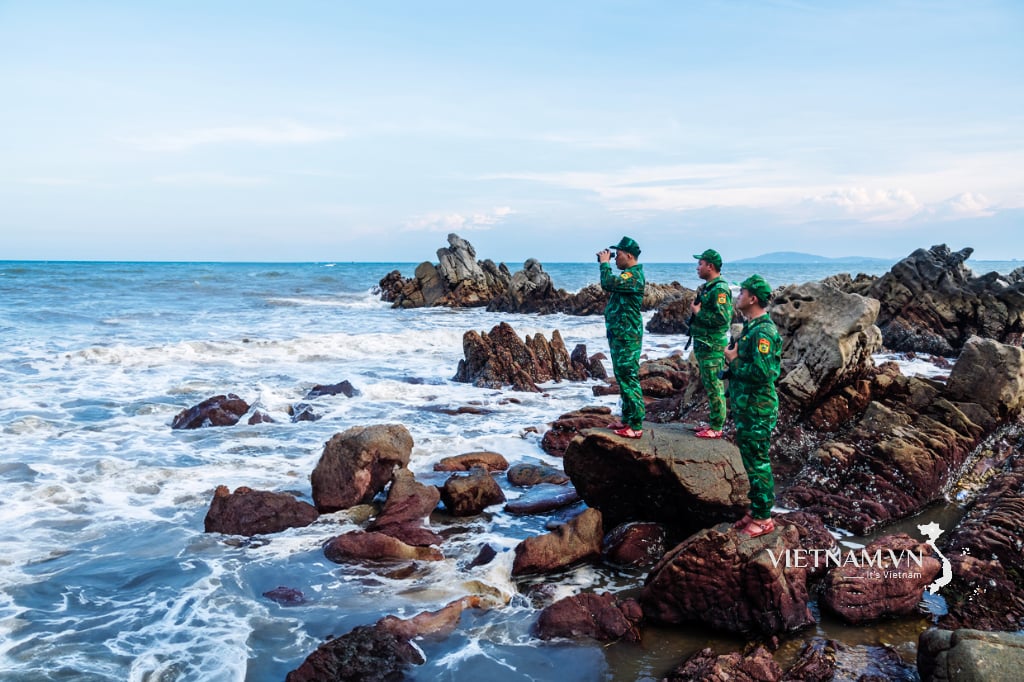

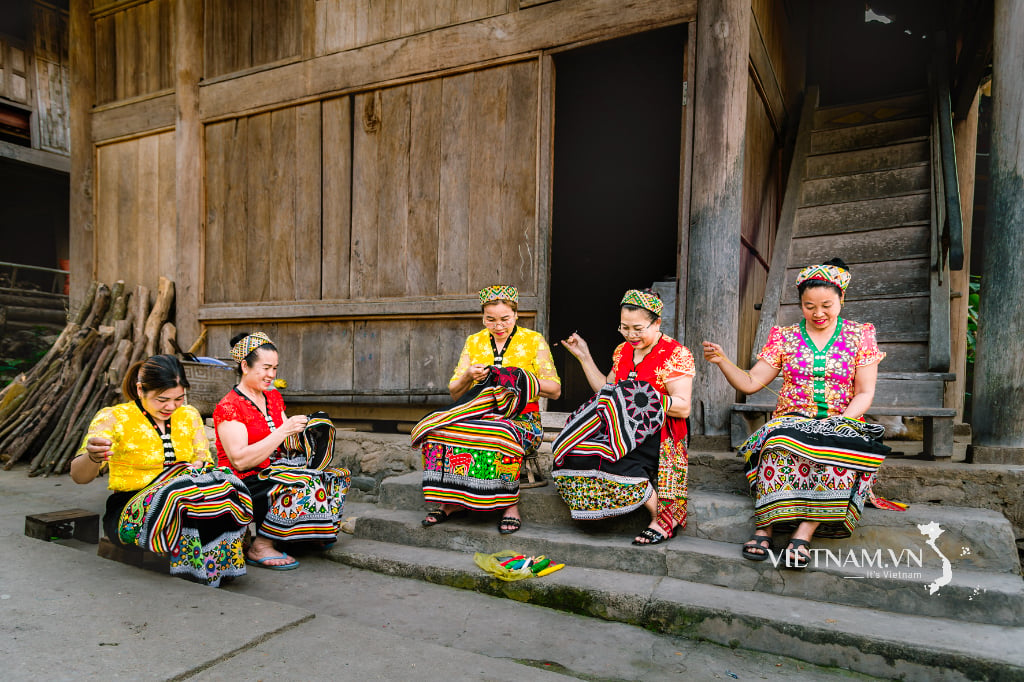
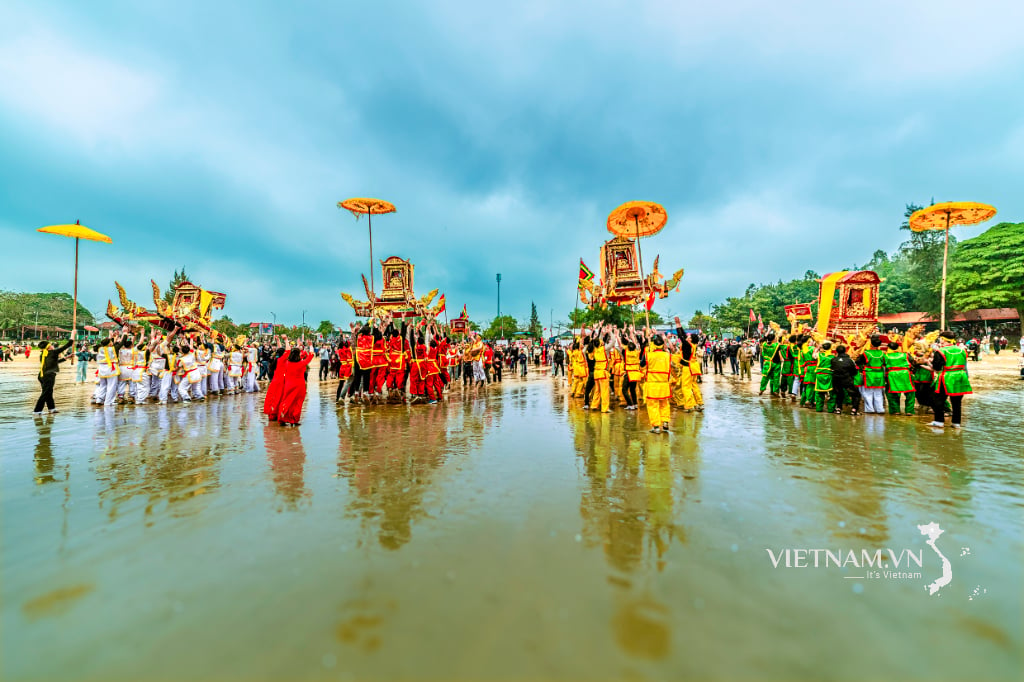
Comment (0)